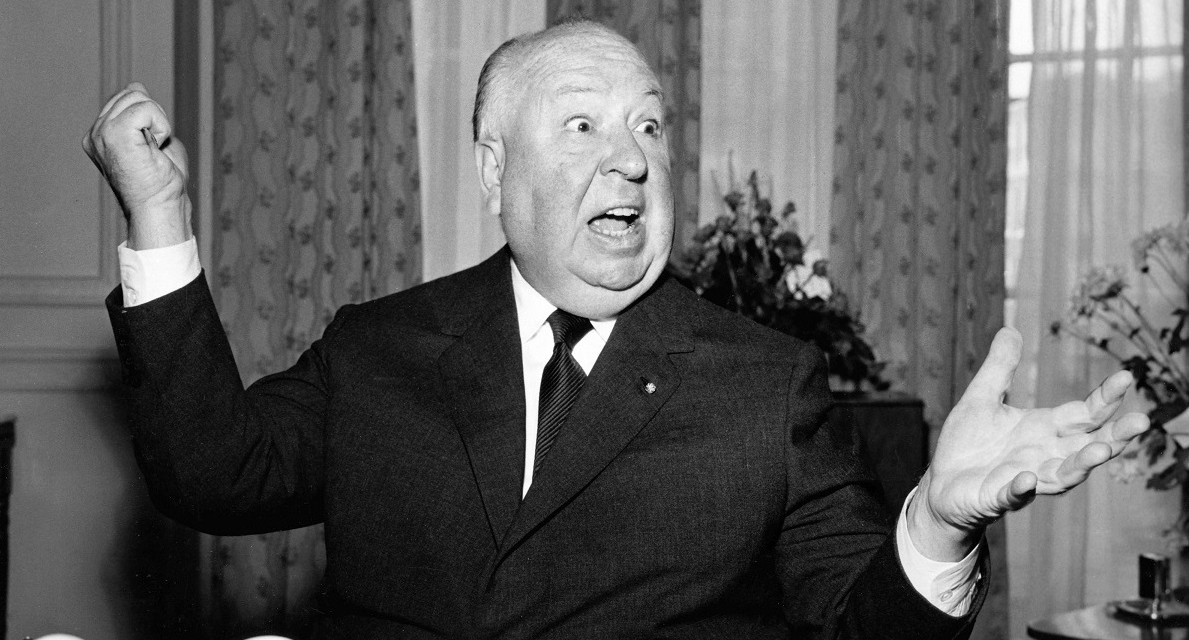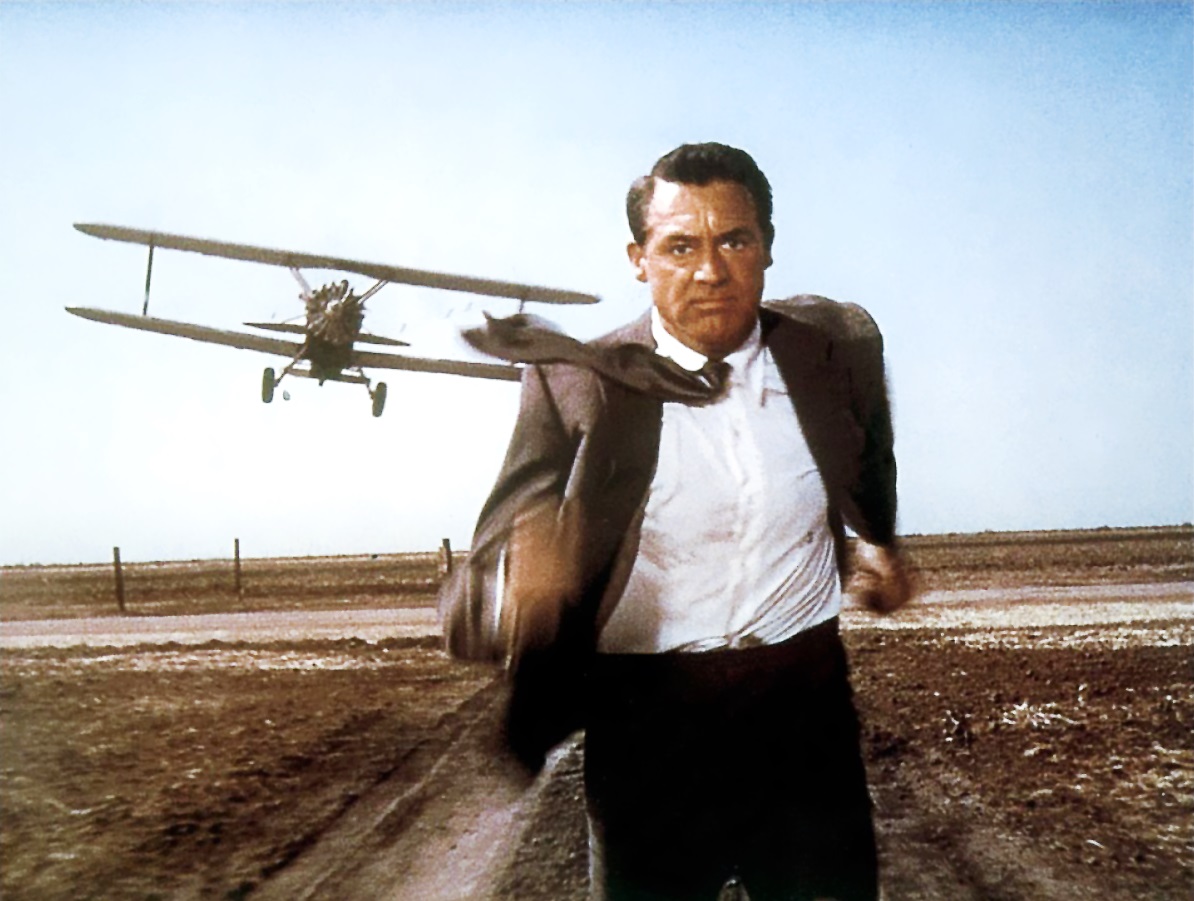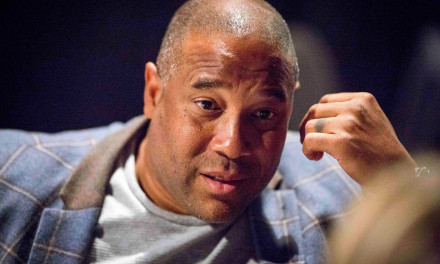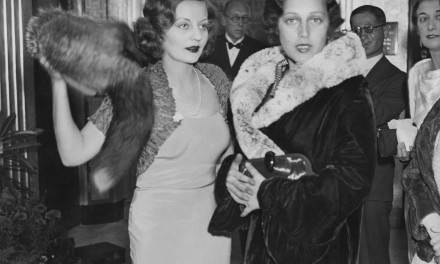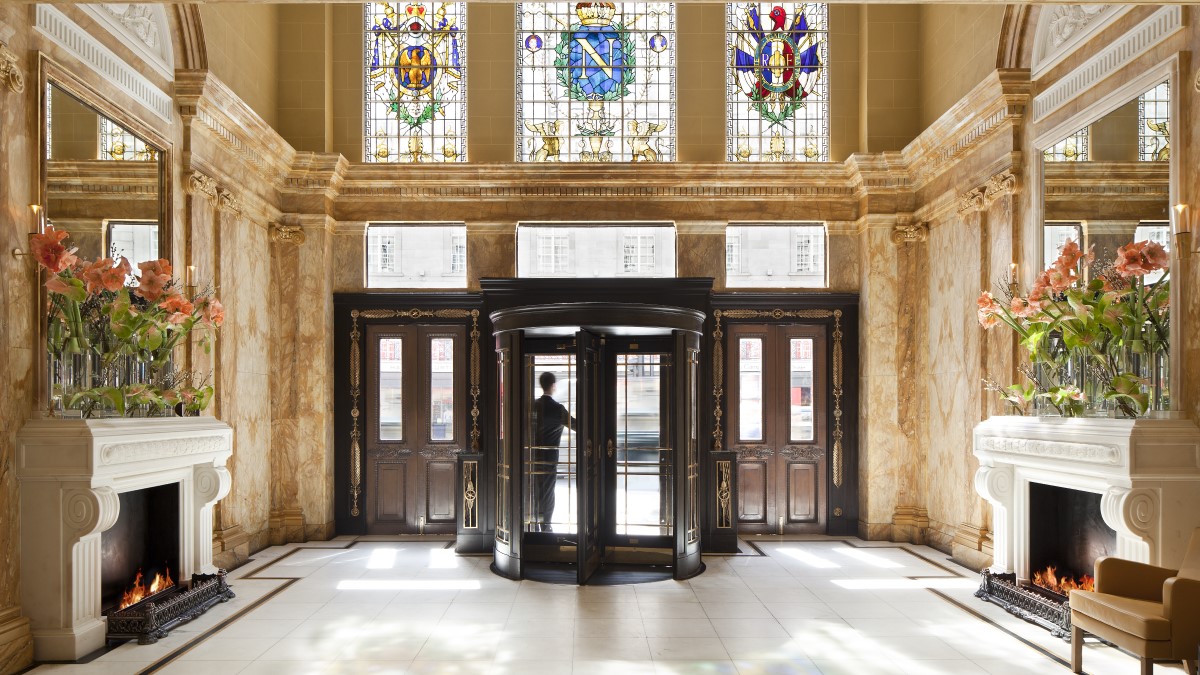Alfred Hitchcock, who directed more than 50 feature films, has long been christened “the master of suspense”. Words by Jonathan Whiley.
Nearly 40 years after he faced the final curtain, the slick storytelling that cemented Hitchcock's reputation remains as relevant and inspirational as ever.
Hitchcock's oeuvre made him one of the most influential filmmakers of all-time.
Who can forget Janet Leigh’s screams in the shower in Psycho or Tippi Hedren’s helpless cries in The Birds?
Mayfair resident Tony Lee Moral has written no fewer than three books on Hitchcock.
When we meet for breakfast in Burlington Arcade, Tony is wearing the jacket which Hitchcock asked Cary Grant to wear in the 1959 classic North By Northwest.
You may remember the famous scene in the film where a sharp-suited Cary Grant makes a frantic escape from a crop-duster.
“He had a great understanding of cinema logic,” says Tony.
“In North by Northwest he knew to put Cary Grant in a Savile Row business suit and have him run like a Jack Rabbit while he’s being chased by a biplane.
“He’s stripped of all of his New York accoutrements and is completely defenceless.”
Psychological use of costume
He added: “He very cleverly used costume and dress.”
He says: “Cary Grant is dressed in this great Kilgour suit throughout the movie.
“But when he meets Martin Landau, who is one of the heavies, the villain, Hitchcock very cleverly gave him enough expensive suit so Cary Grant also felt intimidated. He was very clever in the psychological use of costume.”
He added: “He knew where to put the camera.
“For example when Janet Leigh is killed in the shower, he knows instinctively to put the camera on the tiled room floor so it spirals out of her eye.
“The audience have spent 40 minutes investing in this character and are completed shocked the main star has just been killed.”
Tony specialises in mystery and suspense. His three books on Hitchcock are; Making of Marnie (2005), The Making of Hitchcock's The Birds (2013) and Alfred Hitchcock's Movie Making Masterclass (2013).
“He has been a huge part of my life,” he says.
“I’ve written three books about him and I’ve interviewed practically everyone who is still alive who worked with him in America.
“I interviewed Winston Graham before he died [the novelist wrote Marnie, which Hitchcock adapted into a 1964 film].
“I spoke to the screenwriters in New York; some great screenwriters like the screenwriter of Psycho and Jay Presson Allen, who wrote Marnie and Evan Hunter, who wrote The Birds.”
Tony's Hitchcock fascination
Tony has been a fan of Hitchcock since he was a child. He watched his first Hitchcock film, I Confess, when he was 10 and it made a “deep impression”.
Born in Hastings, Tony graduated from university with a science degree and bagged a job at the BBC in 1992 as a researcher for David Attenborough.
He would go on to work for the Discovery Channel in Russia, before moving to the United States to work for National Geographic. His two years in California helped inspire his latest thriller, The Haunting of Alice May, released in 2019.
It’s a mystery novel about a young girl who falls in love with a ghost and incorporates Hitchcock’s techniques with both characterisation and location. His first novel, Playing Mrs Kingston, also has strong nods to the legendary director.
“It’s about a woman who pretends to be a rich man’s wife and she gets married into the mob in New York and when he gets killed, the mob think she really is the wife and go after her for the money,” he says.
Tony’s interest in Hitchcock developed into a professional project when he met Winston Graham – author of Marney and the Poldark novels – at The Savile Club in Brook Street, Mayfair.
A member of the club, Tony now lives on the same street and is further surrounded by Hitchcock connections with Claridge’s on his doorstep.
Hitchcock apparently always stayed at Claridge's when in London.
Hitchcock the Londoner
Born in Leytonstone in 1899, Hitchcock was, Tony says, very much a Londoner.
“He was the son of a grocer and he loved Cockney rhyming slang and limericks.
“He entered the film industry in 1920 and he was very much inspired by London if you think of his early films like The 39 Steps and The Man Who Knew Too Much.”
The 39 Steps put Hitchcock on the map in America and having moved across to the pond to direct Rebecca, he would never move back.
While he is widely considered one of the greatest filmmakers in history now, his reputation didn’t receive the critical acclaim it deserved until the ‘60s.
“Prior to the ‘60s, he had made films like Dial M For Murder and To Catch A Thief and a lot of his films were seen as lightweight. A lot of people saw Fellini and Bergman as the great European directors, but they didn’t really take Hitchcock seriously.
“That began to slowly change as Vertigo and Psycho came out and North by Northwest.”
Hitchcock also had a canny business sense, says Tony, with several films re-released after his death – including Rear Window – which built up a mystique.
“He wanted to raise their value as part of his legacy,” he says.
Or read our interview with Oscar winning actress Golden Girl Olivia Colman.
This article appeared first in the Mayfair Times.

